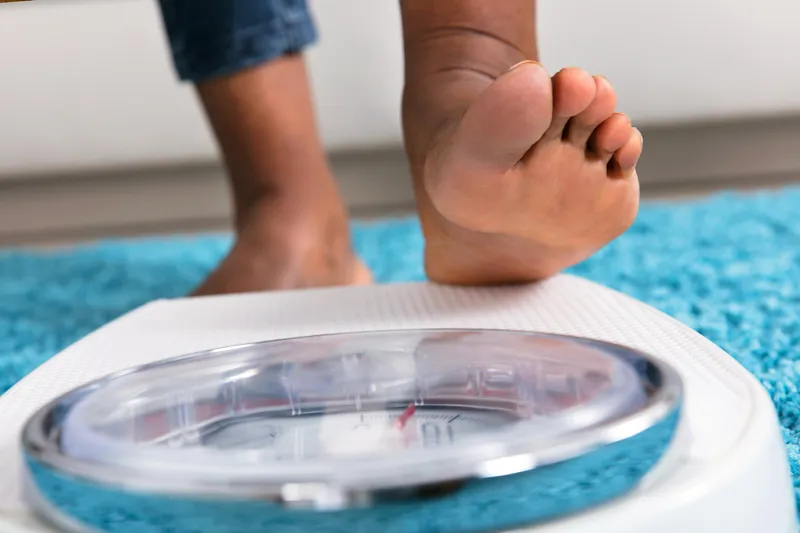
My father, who had type 2 diabetes for most of his adult life, died at age 89.
In the end, it wasn’t type 2 diabetes that got him, but heart disease. Over his last 20 years, he had two heart attacks, underwent a quadruple heart bypass for blocked arteries, and eventually passed from the effects of congestive heart failure and cardiac arrest.
So what did his type 2 have to do with his cardiovascular issues? Quite a lot.
Over time, high blood sugar levels can damage the blood vessels and nerves that control your heart. If you have diabetes, you’re also more likely to have high blood pressure and high cholesterol, both of which can lead to heart disease and strokes. High blood pressure increases the force of blood as it flows through your arteries, which can damage artery walls. High cholesterol multiplies your risk for heart attacks or strokes.
Turns out my father, who mostly lived in denial of his type 2, had all three -- high blood glucose, high blood pressure, and high cholesterol -- which eventually yielded a type 2 diabetes complication of heart disease.
While such cardiac risk complications from type 2 can be frightening, the good news is that there are ways you can lower your risk of developing them. They include:
Stop smoking. If you have diabetes, stop smoking. Now. Both diabetes and smoking can narrow your blood vessels, which can lead to heart problems.
Track your blood pressure. The higher your blood pressure, the harder your heart must work to pump blood. High blood pressure can strain your heart, damage blood vessels, and increase your risk of heart attack, stroke, and eye or kidney problems. Have your blood pressure checked regularly and work with your doctor to control or lower your numbers.
Cut your cholesterol. A type of fat, cholesterol is produced by your liver and found in your blood. Cholesterol falls into two types: LDL and HDL. High levels of LDL (so-called “bad” cholesterol) can raise your risk of developing heart disease while high levels of HDL (“good” cholesterol) are linked to reduced risk.
To improve both LDL and HDL, try to limit the amount of fat you eat, by adding more plant-based foods to your diet and getting regular exercise. Also watch your levels of a third type of fat called triglycerides, which have also been implicated in heart issues.
Lose a few pounds. You’ve heard this before, but dropping 5% to 10% of your overall weight can improve both your diabetes care and your chances of developing complications, including heart disease and high blood pressure.
Be aware of your family history. If one or more of your close relatives had a heart attack before age 50, you have double the chance of developing heart disease compared with people who have no family history of the disease.
To be honest, despite his risk factors, my Dad smoked a pack a day for many years, loved greasy Philadelphia hoagies, and save for his active job, never exercised. He also lacked today’s technology that allows us to measure our blood sugars daily, the convenience of insulin pumps, and the benefits of new medications that both lower sugars while protecting cardio-health.
Might these innovations have lent my father a few extra years? Who knows? And it’s true that even with such medical innovations, you can’t change whether heart disease runs in your family.
The very idea of diabetic complications can be overwhelming. And scary. But rather than pretending they don’t exist, as my Dad did, I see our job as working as hard as we can to keep them, for as long as we can, at bay. Staying on top of your type 2 isn’t always easy, but the benefits -- such as avoiding heart issues -- can make the struggle worthwhile.
Learn, share, and connect with others on WebMD’s Type 2 Diabetes Facebook Support Group.
Photo Credit: Jacobs Stock Photography Ltd / DigitalVision via Getty Images
Important:The opinions expressed in WebMD Blogs are solely those of the User, who may or may not have medical or scientific training. These opinions do not represent the opinions of WebMD. Blogs are not reviewed by a WebMD physician or any member of the WebMD editorial staff for accuracy, balance, objectivity, or any other reason except for compliance with our Terms and Conditions. Some of these opinions may contain information about treatments or uses of drug products that have not been approved by the U.S. Food and Drug Administration. WebMD does not endorse any specific product, service or treatment.
Do not consider WebMD Blogs as medical advice. Never delay or disregard seeking professional medical advice from your doctor or other qualified healthcare provider because of something you have read on WebMD. You should always speak with your doctor before you start, stop, or change any prescribed part of your care plan or treatment. WebMD understands that reading individual, real-life experiences can be a helpful resource, but it is never a substitute for professional medical advice, diagnosis, or treatment from a qualified health care provider. If you think you may have a medical emergency, call your doctor or dial 911 immediately.









